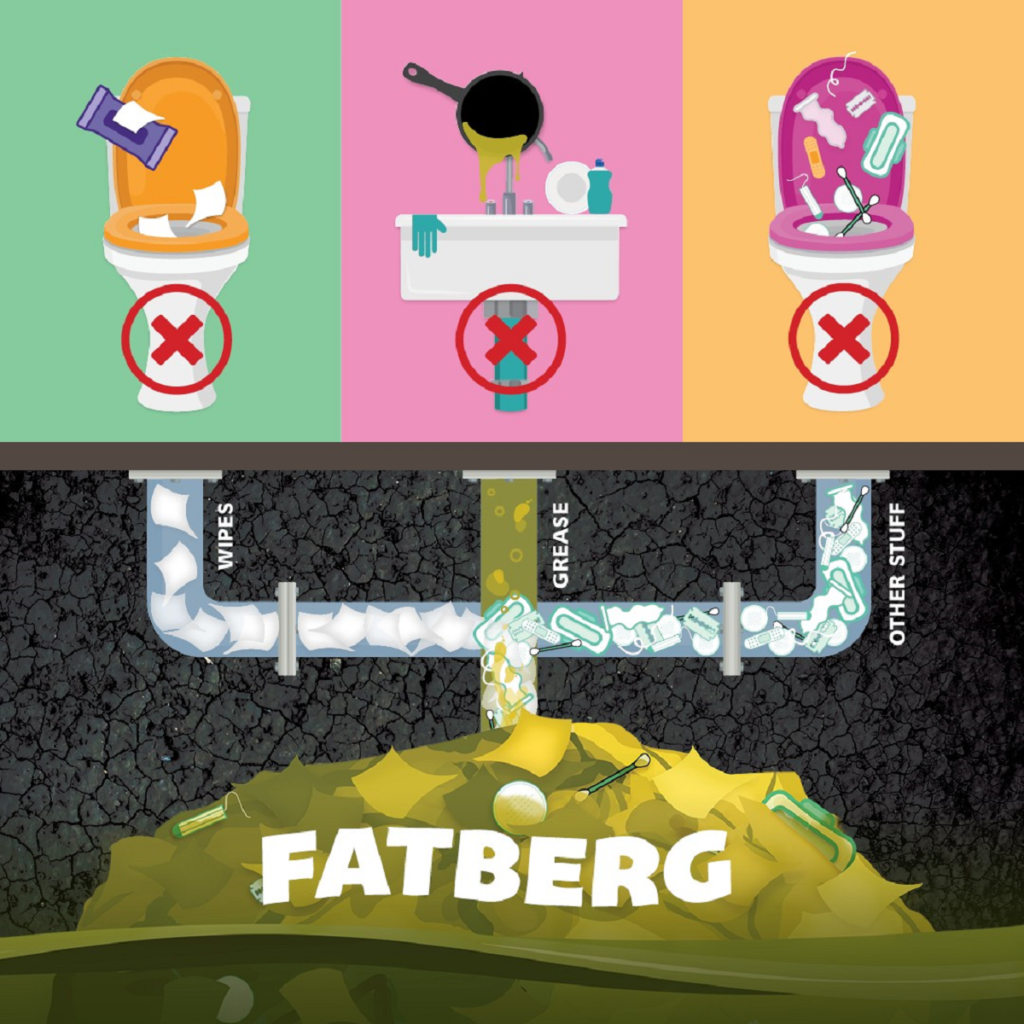Eco-friendly Sex: Better for your Body and the Earth
Being sexually active comes with great responsibilities – not just for the prevention of STIs and pregnancy, but environmentally, too. This is so because sex products have a humongous effect on the environment. Disposal of condoms, sex toys, lubes, and pills has been reported to generate more than 200 million tonnes of waste annually alone in the UK. The year 2019 saw the global condom market value to be 7.97 billion USD. Value projections are expected to peak at 11.1 billion USD by 2023. Data substantiate the impact of our sex lives on nature and makes it necessary for citizens to follow eco-conscious lifestyles in the future.
A carbon-neutral movement of Ecosexuality has gained momentum in the past few years. People who identify themselves as ecosexuals are either those who utilize eco-friendly products in their sex lives or those who find nature sexy. This sustainable way of living was popularized by a couple, Annie Sprinkle and Elizabeth Stephens. They identify it as sexual identity and have led a cohort of ecosexuals in the parade with a purpose to officially add an “E” to LGBTQI. The concept is however yet to be widely accepted in Asian countries.
The practice of sustainable alternatives has been proliferated to one’s sex life as it concerns planetary health. The article recommends multiple ways to achieve a greener sex life and be a hero in the bedroom.

THE CONDOM CONDEMN
Male condoms are one-time use and may contain harmful materials which interfere with the idea of sustainability. Generally, they are made of latex obtained from rubber trees. Some companies also produce condoms made of synthetic materials like polyisoprene or polyurethane. Standard latex condoms are not pure latex, but consist of synthetic blends for manufacturing a thin and comfortable product. A chemical compound, Thiram, used to process condoms, has been known as a substance of very high concern due to the resulting hormonal effects. To improve the texture of latex, condoms are laden with casein, a derivative of goat milk. Furthermore, glycerine may be added in the process of manufacturing, which is obtained from animal fat.
Female condoms may be reused but are produced using a non-biodegradable substance known as nitrile. Lambskin condoms are natural, but not vegan as they are made from sheep intestine and do not prevent STIs. It may take months or years for a latex condom to be decomposed naturally. However, by the time it degrades in a landfill, harmful chemicals leach from it and penetrates into the groundwater. Consequently, first-world countries have experienced a rise in companies engineering green condoms. Sustain Natural, GLYDE, HANX, and Einhorn are few initiatives that produce ethical and even vegan condoms.
Contraceptives provide other umpteen options which may be suitable for eco-alternative. Intra-Uterine Devices – copper as well as hormonal – are long-lasting and devoid of one of never-ending disposal of plastic packaging. Diaphragm and Vaginal Cups are generally reusable and therefore prove to be ethical contraceptive products.

THE REVOLUTIONARY ACCESSORY
Besides contraceptives, sex involves products such as toys, lingerie, lubricants, and even aphrodisiacs.
Sex toys are generally made of plastic or silicone materials and thus pose a threat to the environment. Some companies produce toys comprising jelly rubber. These contain substances called phthalates, which are problematic for aquatic ecosystems. Those made of materials that can be easily recycled or those designed to be recharged by solar power may thus opt. Gaia Eco manufactured the world’s first biodegradable vibrator made of starch-based plastic, capable of being degraded. Eco-friendly options even include wooden and glass sex toys. They are recyclable and usually lack any heavy chemicals.
Lubricants are loaded with chemicals that may be petroleum-derived. Extraction of petroleum from underground reservoirs often caused water wastage, the release of greenhouse gases, and oil spillage, ultimately contributing to climate change. Other toxic materials include silicon, paraben, and glycerin. The eco-friendly resort is to uses natural substances like aloe vera, coconut oil, gum, and agar. However, one must be cautious while using oil-based lubricants, as they compromise the efficiency of condoms. Lovability is a vegan brand, which sells eco-friendly lubricants and body sprays.
Lingerie is a crucial part of sex but wages a war against nature. Generally, clothes are made of fibers obtained from petroleum. These are not eco-friendly and take years in order to be completely degraded. Therefore, a sustainable fabric choice for lingerie acts as an eco-alternative. Bamboo, organic cotton, and silk fiber clothing may be worn during sexual acts.
Several types of tablets, sprays, oils, and gels claim to be efficient aphrodisiacs. They however may not be friendly for the planet. Hence, one must rely on fruits and vegetables for energizing sex drive. Asparagus, sweet basil, kale, avocado, broccoli, and celery are known as effective aphrodisiacs.

THE RESPONSIBLE DISPOSAL
Condoms must never be flushed down the toilet. If flushed, they may clog the sewage system and create a disaster. Solid Waste Management Draft Rules, 2016, as declared by the Environment Ministry of India, suggest wrapping sanitary waste (including diapers, sanitary towels or napkins, tampons, and condoms) in a newspaper or any other suited biodegradable wrapping material and discarding in domestic dustbin designated for dry waste. Those who defy shall be charged with a fee as specified by the municipal body of SWM. The condom manufacturers have also been urged to provide a pouch or wrapper for the appropriate disposal of used waste.

Environment-friendly “sextainable” revolution is on the go and the Earth beseeches you to be a part of the new wave of eco-alternatives on World Environment Day, 2020. Go green under the sheets to lead a zero-waste sex life!
Author

